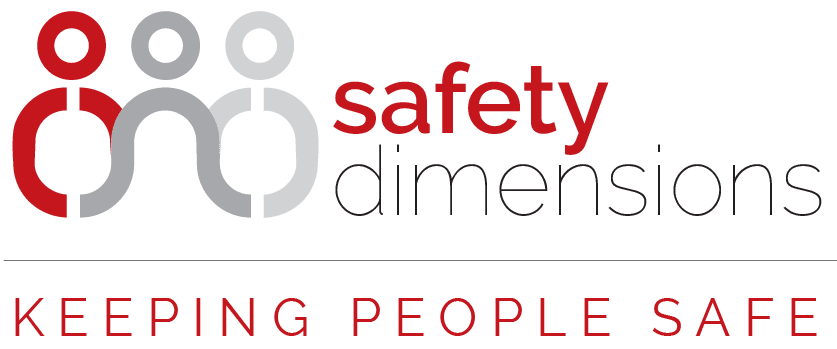Safe Work Australia reports that the costs of mental stress-related claims in Australia is more than $10 billion per year. And it is estimated that the effects of stress on those who are at work but not performing to their potential costs Australian businesses a further $34 billion a year. While we recognise that stress comes in many forms, sometimes positive and useful for peak performance, and sometimes counterproductive, we need to be far more proficient at channeling the positive stress and significantly reducing the cost of disruptive stress.
One of the key reasons for the alarming cost of stress-based lost time and claims payout is that many managers feel ill equipped to have conversations that they perceive as an invasion of another’s personal space. When early symptoms of stress become evident in the workplace they may be left unchecked because a manager or colleagues may struggle with how to sensitively raise the subject, may feel awkward crossing the work/personal boundary, or fear triggering a defensive response or creating an even stronger reaction. So, many just avoid starting a conversation and hope the individual will employ their own coping mechanisms.
Symptoms of stress can be physiological, behavioural, cognitive or emotional and will often manifest in mood swings, headaches, absenteeism, bullying behaviour, presenteeism (being there but not’ there mentally), withdrawal, avoidance and the gradual development of negative toxic culture. Where the stress trigger may be work based, an informed manager can explore the root cause of the stress (potentially a change process) and be better prepared to manage these triggers by dealing with them at the systemic level. And when the stress manifests at work due to personal or non-work-based events, they will still be able to provide necessary support in order to help the individual return to a normal functioning’ state.
So as managers and colleagues, how well equipped do you feel to recognise stress in others in order to step in, provide basic support to help an individual deal with the stress and to help prevent this stress impacting the rest of the team?
Janet McCulloch
Managing Partner, Leadership Dimensions
Safety Dimensions & Leadership Dimensions has a suite of programs focused on dealing with stress in the workplace, managing critical incidents and extreme stress and ‘Emotional First Aid – Conversations With Colleagues That Really Count’. For further details, click here.

